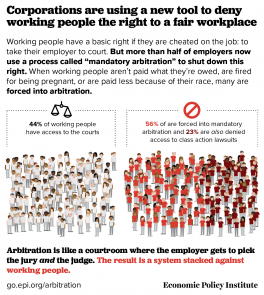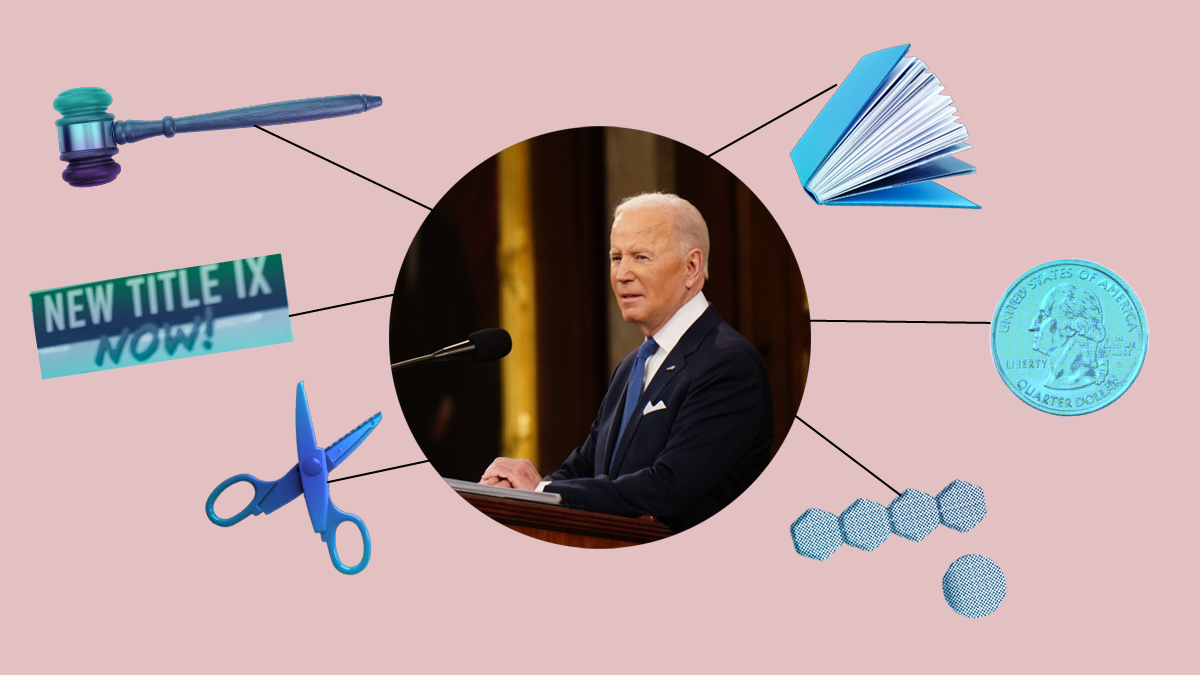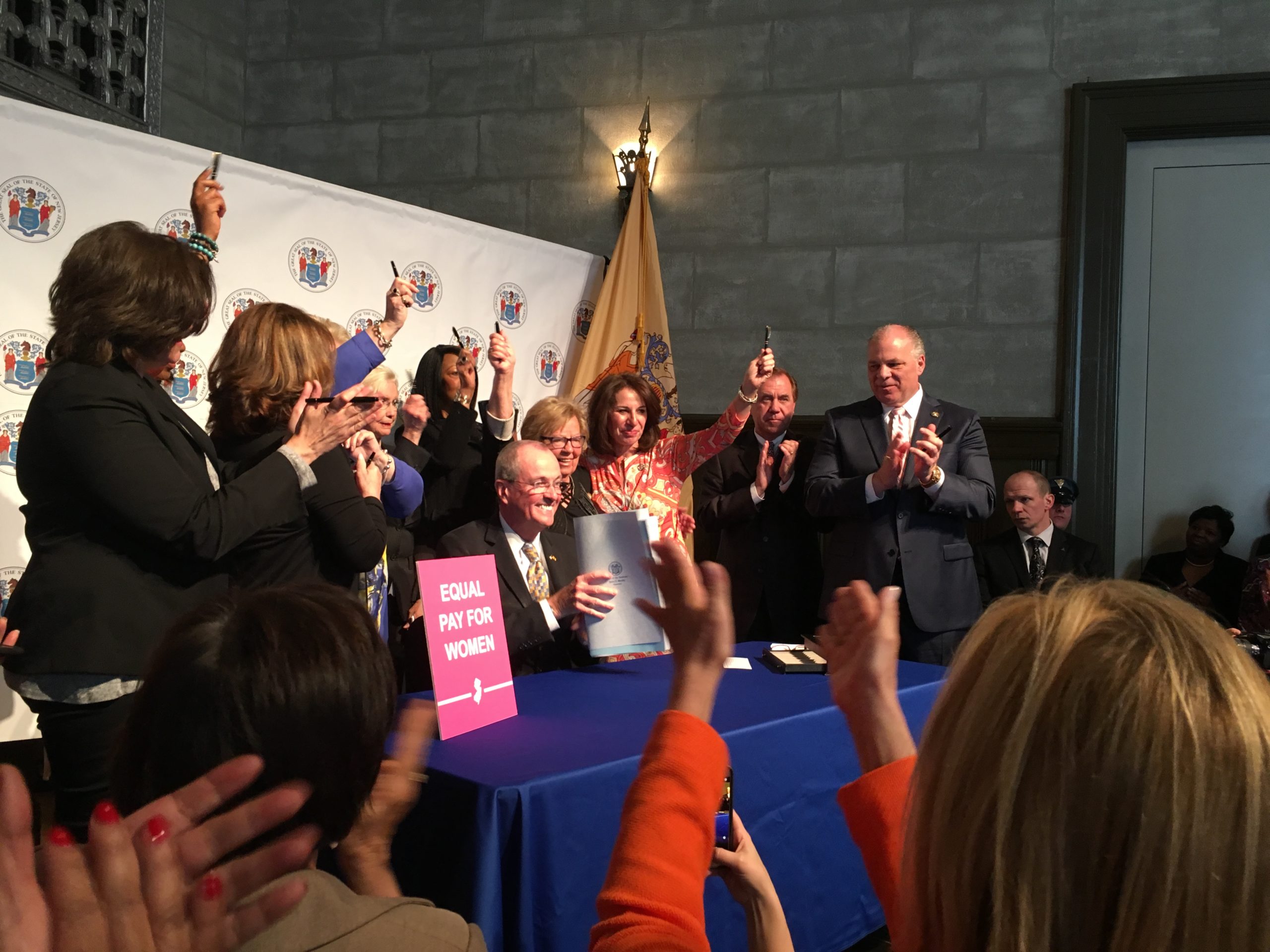More than Ever, Workers Need the Law’s Protection: Will the Supreme Court Slam the Courthouse Door?

 If the Trump administration has its way, workers across the country could be barred from joining together to take action against their employers for illegal employment practices. Instead of banding together with coworkers to push back against sexual harassment, pay discrimination, pregnancy discrimination, racial discrimination, wage theft, and more, employees will be forced behind closed doors, into an individual, costly – and often confidential – arbitration process, where the deck is stacked in favor of the employer.
If the Trump administration has its way, workers across the country could be barred from joining together to take action against their employers for illegal employment practices. Instead of banding together with coworkers to push back against sexual harassment, pay discrimination, pregnancy discrimination, racial discrimination, wage theft, and more, employees will be forced behind closed doors, into an individual, costly – and often confidential – arbitration process, where the deck is stacked in favor of the employer.
Today, the first day of the new term, the Supreme Court heard oral argument in three consolidated cases that could dramatically alter the workers’ rights landscape in this country. The central question to be decided in Epic Systems Corp v. Lewis, Ernst & Young LLP v. Morris and NLRB v. Murphy Oil, is whether employers can force employees to sign mandatory arbitration agreements as a condition of employment that forbid class or collective action. NWLC signed onto an amicus brief submitted by the NAACP Legal Defense Fund in support of worker’s rights.
Imagine for a second that you work for a large company with offices all over the country. You discover you are paid less at work than your male co-worker. You talk to your female co-workers and find out that they too are receiving similarly low wages compared with the men doing the same jobs. You suspect that pay discrimination of this sort happens all across the company. You and your coworkers try to sue your employer for discrimination. You manage to find an attorney, who is intrigued by employer-wide nature of the apparent pay discrimination. When the case gets to court (if it gets there), the judge throws out the class case because you signed a mandatory arbitration agreement when you were first hired. When you try to move forward with the arbitration, you find out that the arbitrator can’t consider the allegations of the group of female employees; instead, you will have to pay for the cost of arbitration (often hundreds of dollars each day), and that instead of a decision by an impartial jury or a judge, the person who will decide your case is an arbitrator chosen by the employer, who the employer has used for dozens of previous arbitrations. Even more frustrating, the result of the arbitration will be confidential, so even if you “win,” you cannot tell anyone about the discrimination by your employer.
A new study by the Economic Policy Institute found that 24.7 million Americans are now subject to mandatory arbitration agreements that forbid them from going to court as part of a class. For many, arbitration clauses are buried deep in the stack of papers employees must sign on the first day at work. These clauses are often difficult to understand and easy to overlook. So, with one stroke of a pen, employees can both agree to follow company policies and procedures, and at the same time, waive their rights to collectively challenge their employer in court if their rights are violated. And if an employee doesn’t sign a mandatory arbitration agreement, the employer can just as easily choose another worker who will. No employee should have to choose between having a job, and protecting their rights at work.
For all workers, coming together to join a class or collective action is an indispensable tool to advance democracy at work. For women workers however, the stakes are particularly high. Group actions are especially critical for women, and are essential to preserve, protect and advance women’s rights in the workplace.
Women continue to face serious barriers to equality in the workplace. Women – and especially women of color – still face severely unequal pay discrimination. Pregnancy discrimination is rampant. Sexual harassment remains a serious problem. Few women report illegal treatment at work for fear of further stigmatization and harassment. By joining together to bring claims as a class, workers are less likely to face retaliation, are better able to find legal representation, are better able to share information and resources and gain strength from each other’s experiences, and are overall are more successful when bringing claims.
No matter the decision of the Supreme Court, workers across the country will continue to creatively advocate for their rights at work. Let’s hope that the Court does not make this critical work even more difficult.




